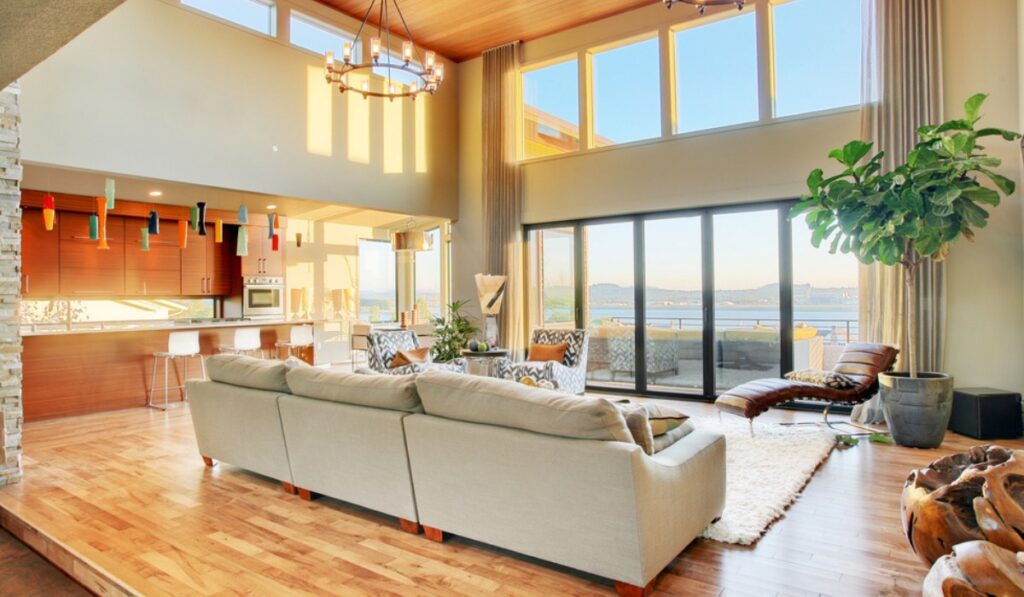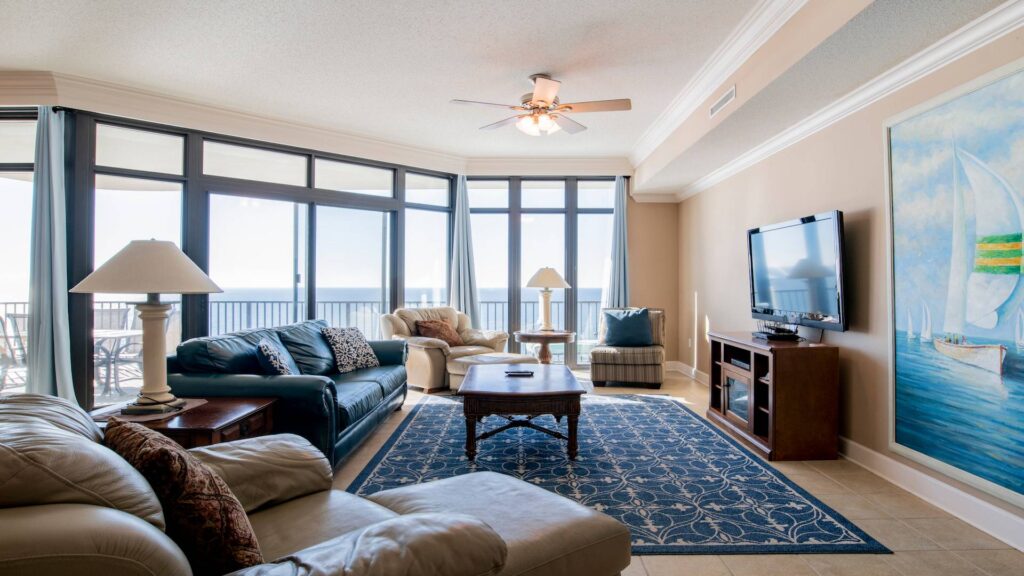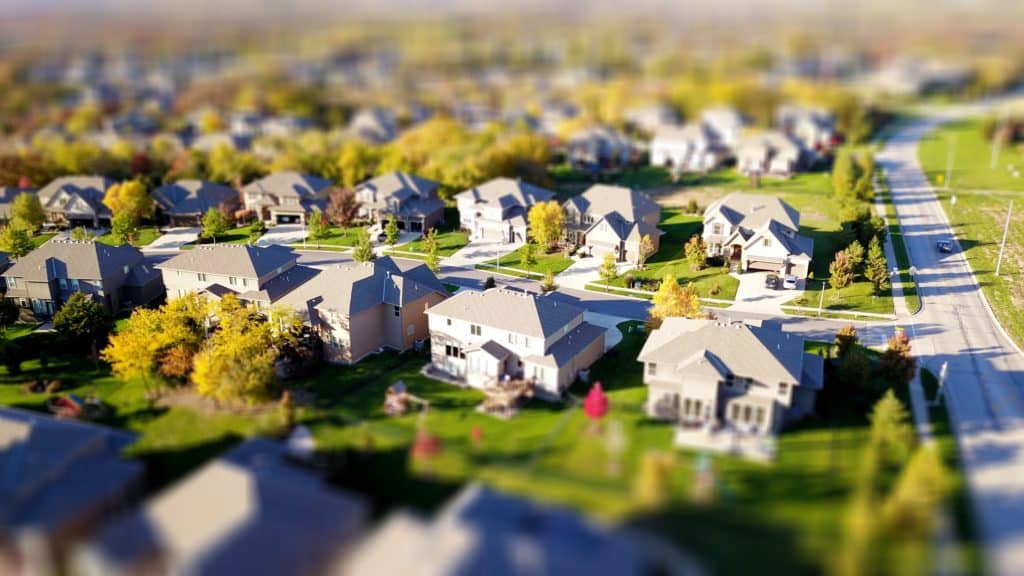There are really coherent limitless substance and on-line periodicals made up on which to look for in new condominiums proposed to be bought whether or not it is managing the benefits of a home loan delegate or empowering a plan in the significant qualities of any new condo to oblige kind’s way of life. These are significant and fundamental areas of house chasing and afterward there are endless different viewpoints that should be considered. Contingent with the freshest condo mind overwhelming, anyone can make changes for their home, but the area one specific life in alterations in a significantly more drowsy rate and is essential to the sort of lifestyle 1 wishes to have. There are moving thoughts with respect to the ideal parts on a reasonable condo place depending upon one’s relative’s circumstance and individual tendencies.
As an outline, a solitary individual could favor new condo properties accessible to be purchased nearby close to exceptional bistros and bistros, while a family gathering may potentially lean toward new condominiums open to be found inside a region having a lower wrongdoing extent and incredible instructive establishments. Getting all of these subsequently, a single young lady or noble man having an interest on their own occupation may perhaps journey for a condo in a spot by utilizing a short produce and clear permission to after-work blending. Contrary to boundless reasoning, new condominiums open to be gotten are found both in metropolitan and in non-metropolitan regions, which can be useful for the main person who certainly would like a condo in the focal metropolitan spot. The movement should be a huge part where Condo accessible to be gotten the one great picks everything respected, a lengthy produce would get unacceptable five days every week, and shows relinquishing different pieces of one’s way of life. The spot requests of any new friends and family are absolutely not precisely like the single great.
A family that is investigating new condos accessible to be bought is doubtlessly looking at areas that end up being farther from the midtown region place, with much more permission to parks and phenomenal instructive establishments. The comforts of these buyers are significantly more immovably agreed with engaging circumstances for your improvement of their little ones. This incorporates things, for example, local area and movement concentrates streets that are not involved, childcare applications, exceptionally close organizations, and normally colleges. New condos proposed to be found are fundamentally situated inside non-metropolitan spots and in decently as of late gotten areas that going to be please best for the energetic family Norwood Grand Woodlands that desires to move to some safer spot without bankrupting their selves. Figure out what parts of a spot a solitary keeps to be the most fundamental, and after slim the quest for new condominiums accessible to be found to individuals areas that have these characteristics.






